Spartan Women Enjoyed More Freedom Than You'd Think

In ancient Sparta, women had the right to live their life freely, quite unlike their Greek counterparts. They were essentially brought up to become mothers to gallant soldiers and warriors. Hence, Spartan women too underwent physical training like the boys. Young girls, like boys, took part in gymnastics along with the opposite sex in nude. They were very much a part of society as men, and were trained in sports like wrestling, dart and running. The training was given to women for preparing their bodies for childbirth.
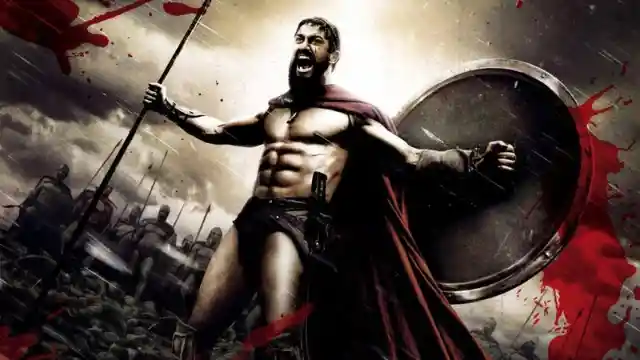
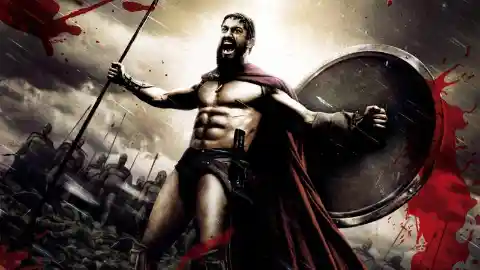

In ancient Sparta, women had the right to live their life freely, quite unlike their Greek counterparts. They were essentially brought up to become mothers to gallant soldiers and warriors. Hence, Spartan women too underwent physical training like the boys. Young girls, like boys, took part in gymnastics along with the opposite sex in nude. They were very much a part of society as men, and were trained in sports like wrestling, dart and running. The training was given to women for preparing their bodies for childbirth.
Same-Sex Love Was Accepted

Homosexuality was common with most Spartan adult men as they often engaged in sexual relations with adolescent boys. The relationship was legalized and was a way of life in ancient Sparta. Most adult men acted as mentors and guides for young adolescent boys. These men prepared the young boys for the future and were respected. But, there was a weird treatment of banishing gay couples that had entered into the relationship without any higher purpose other than sex.
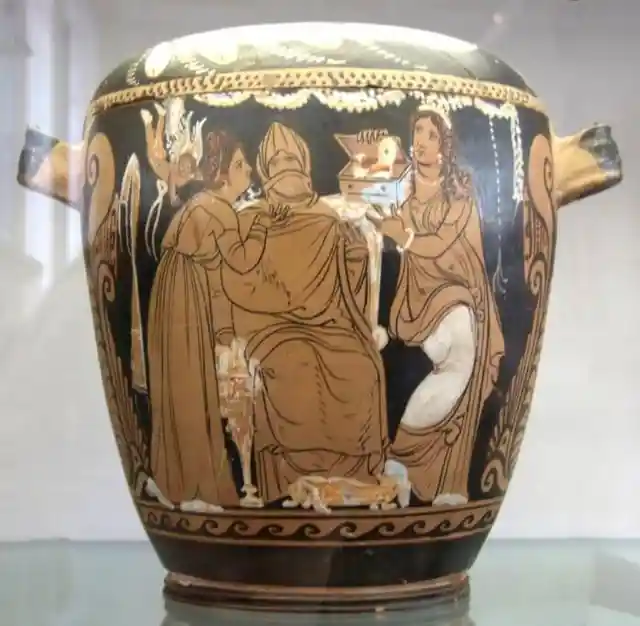
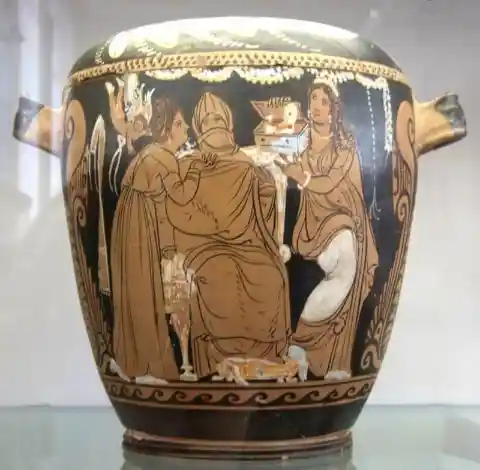

Homosexuality was common with most Spartan adult men as they often engaged in sexual relations with adolescent boys. The relationship was legalized and was a way of life in ancient Sparta. Most adult men acted as mentors and guides for young adolescent boys. These men prepared the young boys for the future and were respected. But, there was a weird treatment of banishing gay couples that had entered into the relationship without any higher purpose other than sex.
Laziness Was Not Tolerated

Spartans lived for protecting their motherland and were all inducted into military life from childhood. Young boys of 12 years were taught to survive with basic necessities, and comforts were a thing of dreams. Every Spartan warrior was expected to own a healthy and fit body. It was a common thing to make young Spartan boys under army training to stand nude in public. This was routinely done to inspect the bodies of young men. Any kind of fat on the body was not tolerated and called for punishment.
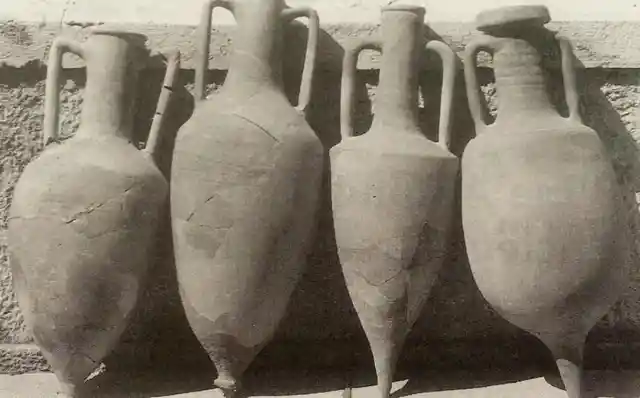
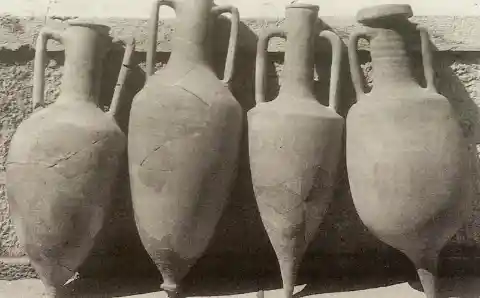

Spartans lived for protecting their motherland and were all inducted into military life from childhood. Young boys of 12 years were taught to survive with basic necessities, and comforts were a thing of dreams. Every Spartan warrior was expected to own a healthy and fit body. It was a common thing to make young Spartan boys under army training to stand nude in public. This was routinely done to inspect the bodies of young men. Any kind of fat on the body was not tolerated and called for punishment.
Spartan Children Were Bred for War

Almost every aspect of the Spartan way of life was governed by the state. This included its children. Each Spartan baby was brought before a council of inspectors, who examined him for physical defects. If anything seemed out of the ordinary, they would take the newborn and leave him to die of exposure somewhere on a hillside outside the city. In a few fortunate cases, these forsaken children would be rescued by foreigners passing by, or by the helots (Spartan slaves) working the fields. In their infancy, the babies who survived this first of many tests would be bathed in wine instead of water, as to strengthen their physical attributes. They would also be frequently ignored by their parents when they cried, as to make them accustomed to a “Spartan” way of life.
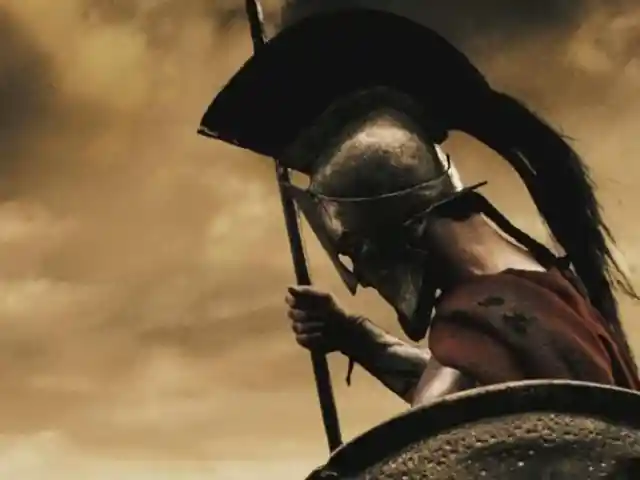
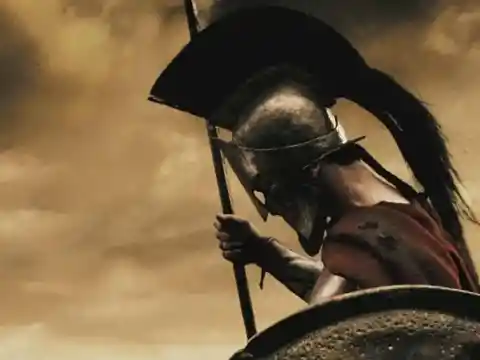

Almost every aspect of the Spartan way of life was governed by the state. This included its children. Each Spartan baby was brought before a council of inspectors, who examined him for physical defects. If anything seemed out of the ordinary, they would take the newborn and leave him to die of exposure somewhere on a hillside outside the city. In a few fortunate cases, these forsaken children would be rescued by foreigners passing by, or by the helots (Spartan slaves) working the fields. In their infancy, the babies who survived this first of many tests would be bathed in wine instead of water, as to strengthen their physical attributes. They would also be frequently ignored by their parents when they cried, as to make them accustomed to a “Spartan” way of life.
No Such Thing as Surrender

As part of their extreme-loyalty training, Spartans despised cowardice above all else, and soldiers were expected to fight without any sense of fear whatsoever. Even to the last man, if need be. In effect, the act of surrender was seen as the epitome of all cowardice. In the highly unlikely event of a Spartan hoplite doing such an unthinkable thing, it would most likely lead him to commit suicide. The ancient historian Herodotus makes mention of two Spartans who missed out on the famous Battle of Thermopylae and who later, in their utter shame, killed themselves. One by hanging himself, and the other by dying a redeeming death during a later conflict for Sparta.
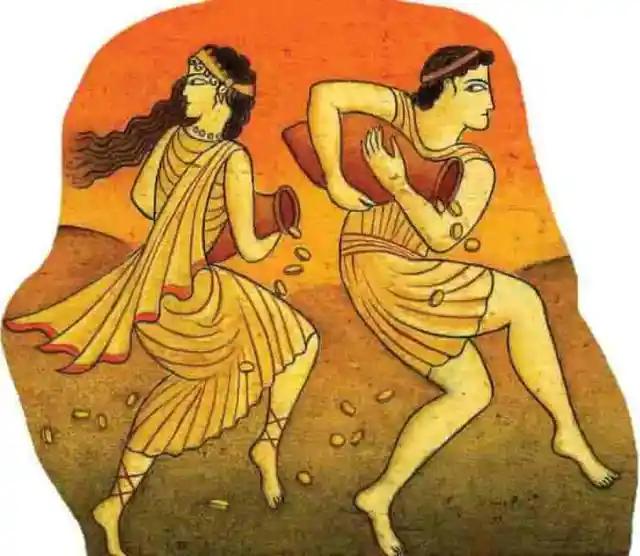
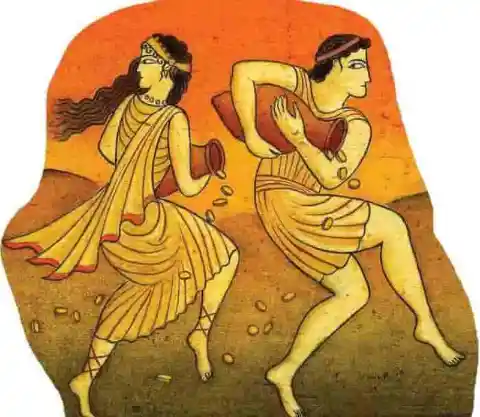

As part of their extreme-loyalty training, Spartans despised cowardice above all else, and soldiers were expected to fight without any sense of fear whatsoever. Even to the last man, if need be. In effect, the act of surrender was seen as the epitome of all cowardice. In the highly unlikely event of a Spartan hoplite doing such an unthinkable thing, it would most likely lead him to commit suicide. The ancient historian Herodotus makes mention of two Spartans who missed out on the famous Battle of Thermopylae and who later, in their utter shame, killed themselves. One by hanging himself, and the other by dying a redeeming death during a later conflict for Sparta.
They Used Iron Rods As Currency Instead Of Coins

Money, in the form of coinage, was a great political tool in the ancient world. Cities could patriotically proclaim the image of their state to the world, and rulers could reinforce their legitimacy. Most famous is the Athenian owl or the Roman mints that proudly proclaimed the twins Romulus and Remus. However, Sparta did not have a coinage.
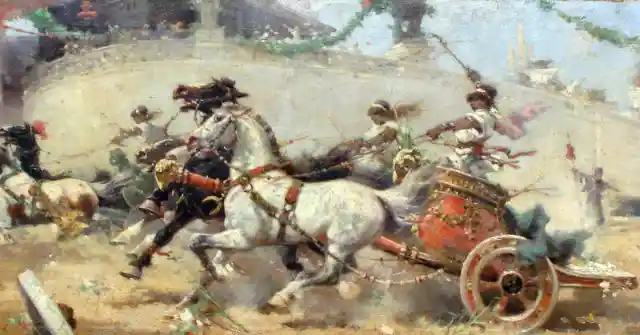
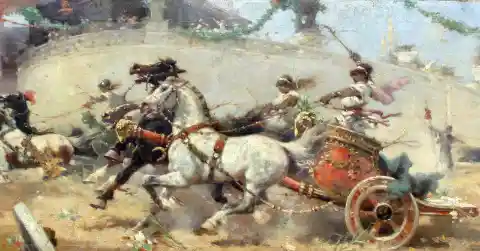

Money, in the form of coinage, was a great political tool in the ancient world. Cities could patriotically proclaim the image of their state to the world, and rulers could reinforce their legitimacy. Most famous is the Athenian owl or the Roman mints that proudly proclaimed the twins Romulus and Remus. However, Sparta did not have a coinage.